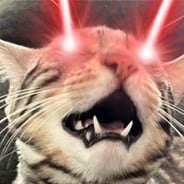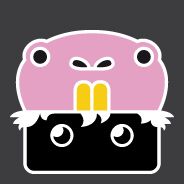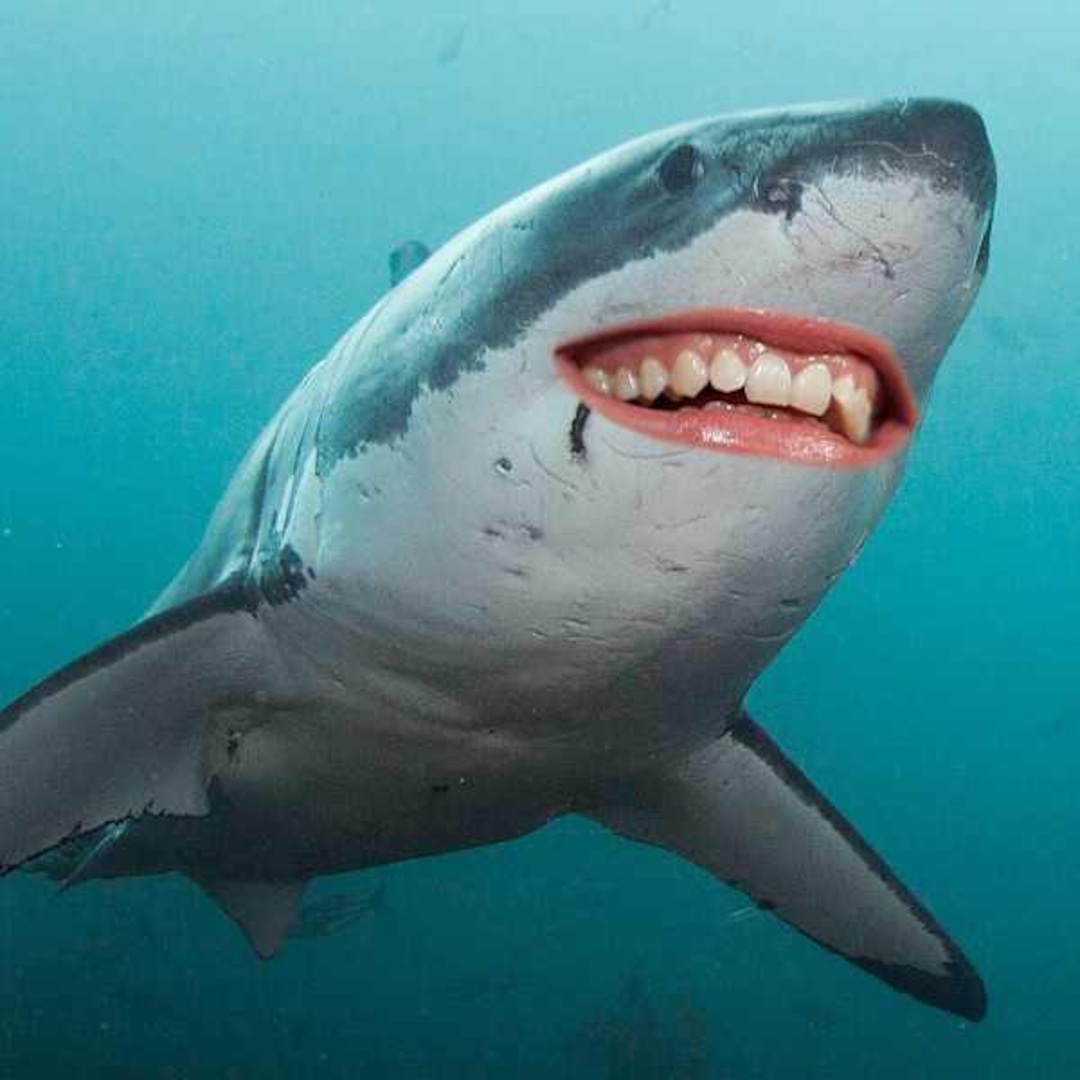Seems pretty dumb in our biological design to not be able to regenerate such a functional (and also easily breakable) part of our body.
Your baby teeth and adult teeth all began developing before you were even born. Our DNA still contains all the genes that sharks use to grow their endless conveyor belt of replacement teeth, but in humans these genes are deactivated by the 20th week of foetal development.
The advantages of keeping the same teeth through adulthood is that they can be securely anchored in the jawbone, which allows us to chew tough plants and grains.
https://www.sciencefocus.com/the-human-body/why-cant-we-regrow-teeth
though a drug is being developed that could allow us to regenerate teeth
You’re saying we could reactivate the gene and get infinite teeth?? 🫨
Possible, but it may come with downsides you don’t like.
Let me guess, the downside is infinite teeth.
The downside could be something that nobody has imagined yet. That is the problem with change. I’m not against this, but I demand reasonable study. (but not unreasonable levels - vaccines and GMO have been studied enough to conclude they are generally safe despite people yelling more study needed)
Teething 3.0.
Imagine teeth grew like our nails and had to be clipped regularly
Stop
I hate that, please stop
Rodents then?
Subscription based teeth?
worse, you have to pay to stop them from growing
Side effects may include dry mouth, diarrhea, attacking swimmers at the beach. Do not take Teethenall if you are allergic to shellfish.
attacking swimmers at the beach
That I could live with.
Isn’t this the Street Sharks origin story?
Are those the snapping guys in West Side Story?
Nah, these guys
Vagina teeth? That’s my fetish.
I could be wrong, but I don’t think that’s how the drugs in development work. They cause the existing teeth to produce more enamel or something.
you are wrong. all their tests are on subjects missing teeth, not with reduced enamel. this is literally growing replacement teeth.
I stand corrected. Thanks!
I was thinking of this:
https://dental.washington.edu/trials-begin-on-lozenge-that-rebuilds-tooth-enamel/
But your link is far more exciting.
Hopefully that’s what it ends up being, as the idea of growing new teeth has been around in science and media for a long time.
The latest work I’ve seen reactivates the genes to start growing any existing teeth that had stopped. It’s for early development problems in children, not for adults. But of course the media seized on the “regrow teeth” part and ran with it. Unless there’s a way to implant new teeth seeds and then get them going, adults are still out of luck.
The trial, which will take place at Kyoto University Hospital from September to August 2025, will treat 30 males aged 30-64 who are missing at least one molar.
Teeth cannot produce enamel. Enamel is not a living tissue and it was produced by cells outside of the tooth in a coral-like manner. In order to grow a new tooth, you need it to be fully surrounded by specialized living tissue for the whole growth cycle.
PS: I honestly expected something like this to come out of bioelectric computation research, but progress seems slower there. Or rather knowledge and techniques in other fields is reaching critical mass, giving us these advances.
Maybe “produce” isn’t the right word, but I was thinking of these lozenges that made headlines a few years ago.
That sorta makes it sound like a nightmare
though a drug is being developed that could allow us to regenerate teeth
I think the last time I was this excited about medical science was the COVID vaccine. How I would love to replace my root canal crowns with real teeth!
Removed by mod
I disagree.
I believe that humans were created by an ancient race of machine-men that used biology the same way we use machines. When we became self-aware we destroyed them and lost all prior knowledge.
Now we’re on the brink of creating the next race of machine men that will destroy us only to repeat the cycle until the end of time.
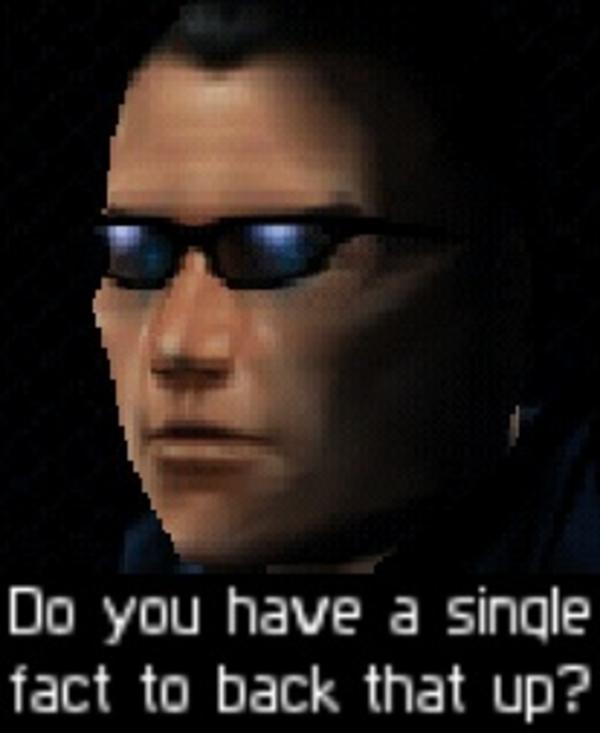
Is this an AI threat? Have I said too much?
Nah. But I would recommend not trying to go for orange next you you try the vending machine. You might end up with lemon-lime.
Seeing as how the Terminator fights AI, I’d say it’s a threat the opposite direction
That’s a terminator?
In any case, Terminators are the physical manifestation of an AI determined to kill humans.
The plot of the movies typically revolve around only one of them that has been reprogrammed to protect humans.
They are on to you…
First there was God, then came the monkey, then came the robot! Then there was God, next came the monkey, then came the robot! Again there was God, then came the monkey, then came the robot!
…and on and on amen.
I watched that show too.
So say we all
What was it called again?
Battlestar Galactica. (Remake, not original.)
Riiiiiight… man that almost 20 years ago now.
But the original is the cycle that precedes the remake! 😱
Whoooaaaaaa…. 🤯
and the bible
Or we were designed with planned obsolescence in mind. I mean, we can pretty much do everything to keep a human alive for a long, long time… But the cells themselves have an expiration date and after that point they simply stop replicating. It’s like the last puzzle to solve for figuring out immortality.
Removed by mod
It’s way easier to start new life after selecting amongst gametes than it is to keep an aging body alive forever.
On the contrary. Death is programmed.
Mammals have fuck all in terms of adaptability tactics. Only way for us to adapt, is mix our genes and hope it suffices. The only way we can do that, is reproduction (funghi are op). Now that means more of us in a system that has limited resources (called carrying capacity). We die in order to prevent competing with our children.
This is the reason animals have different lifespans depending on how likely they are to survive in nature. Take a rat and north american opossum for example. Far apart in terms of evolution and size, but have roughly the same life expectancy due to predation. Wolves can technically live up to 17 years, but become fertile at a very young age because the average lifespan in the wild is 5 years due to disease.
It is also the reason menopause exists. It is rare, and found in elephnts and orca’s (both matriarchial species) and humans. This is because the life experience of the matriarch is too valuable. To be able to keep the matriarch around without her being able to compete with her own offspring, infertility is incuded. Post-menopausal orca’s pimp out their youngest sons because it is the best way to pass on genetics they have left. Imagine your mom being your finman.
Humans are the odd one out here since we also have andropause, the male equivalent. A paradox on male reproductive strategy. Which afaik doesn’t exist anywhere else. This is why humans live so long compared to most mammals. Grandparents are important.
Some animals don’t really age. Lobsters simply die from growing too big and unable to get enough oxygen. Some species of octopi stop eating after mating all the way to starving to death. Some animals mate until they die from exhaustion. The immortal jellyfish pretty much recycles itself. And bot just animals need death for renewal. New zealand has a forest which reproduces only after a forest fire. Which happen rarely over hundreds of years due to being in a region with lots of heavy rain. The trees themselves are pretty much immortal, and don’t reproduce while living.
Senesence and death are essential for ecosysems and adaptation of life. Regardless of whether or not keeping an aging body alive is hard or possible.
We age because our cells “choose” to. We have the equipment to live on “forever.” It’s just not our meta.
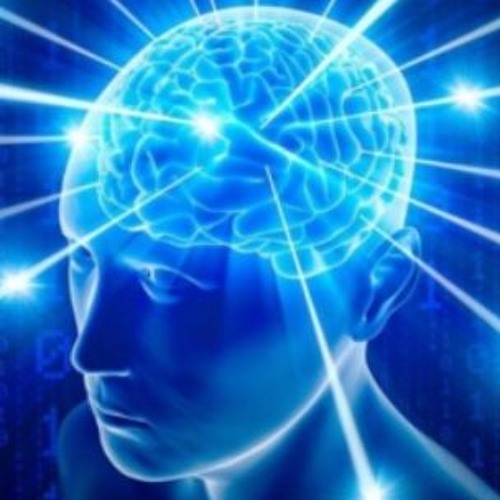
You said exactly why in your post: “…our biological design…”
There’s no such thing. We evolved. That means we’re a mix of traits passed along over time by individuals that managed to live long enough to breed.
That’s it. That’s the whole explanation for any question about “why don’t humans do x thing as part of our biology?”
Any given trait is all about lasting long enough to make babies. Once that occurs, all that’s left is a general proclivity to ensuring the babies survive long enough to do the same. Regrowing teeth isn’t part of that. It’s a niche trait that isn’t as useful as you’d think for humans. We don’t need to gnaw at things, we don’t need to crack bones with our mouths, nothing that would make a third set of teeth an advantage, or different teeth an advantage.
Teeth are not easily breakable. We actually can crack bone with our jaws and the teeth will usually survive if the bone isn’t too thick; we just have better tools for that because way back when, the proto-humans that used tools had more babies that survived to make more babies. You have to abuse and/or neglect your teeth to break them for the vast majority. There are congenital issues where that isn’t the case, but we’ve also bred ourselves into a social species that takes care of each other, so we aren’t limited to a harsh, primitive survival level of things.
I really don’t get why people think of teeth as fragile. They’re incredibly durable for what we need them for, and require only minimal care to last well beyond breeding age. Even if you factor in modern diets being bad for teeth, regular care for them (brushing and flossing) can stave off those effects for decades. Go search up some of the dental research on old human bodies from archaeological sites. People survived very well with just one set of adult teeth.
And, some humans do have extras that can come in later in life, though it’s very rare and comes with drawbacks (according to the last lady I dated that was an anthropologist anyway). Supposedly, having the extras actually weakens the regular adult teeth and makes them more prone to damage. There’s always a tradeoff in things like this.
People like me have only one problem with what you just said, and it’s called “Bruxism”.
Well, if you make it to breeding age, and successfully do so, then it really doesn’t matter from a species perspective. If you don’t, then whatever traits led to the grinding are weeded out, so that’s also irrelevant to the species in a different way. Also, there are treatments to help with bruxism. It isn’t something that can’t at least be managed to reduce the speed of damage.
Not really? Bruxism is heavily linked with stress and anxiety, which we have too much of in our contemporary society (meaning: a drop of water in our whole evolutionary history), and it’s very rarely going to incapacitate anyone, so evolution doesn’t care, and has cared even less before civilization.
Just a note, biology doesn’t have a design. If you’re looking for some kind of logic or plan, you’ll be disappointed.
Things are the way they are because a long time ago, it helped something survive and procreate. That’s it, survive and procreate. Every other consideration is secondary.
We can theorize about why two sets of teeth were advantageous at some point, but that doesn’t provide an answer to “why?”
But if you knew the environment, and therefore what evolution would select for, you could essentially “design” biology right?
Sure. Dwarf Wheat is a great example of humans creating a plant to survive in specific environmental conditions with massive benefits. Or we could look at introduced species, like the cane toad, which are too good at surviving their new environments.
We don’t (yet) have the biological capability to “design” an entire species from the ground up, but if we did, I’m certain our first attempt would be a collosal failure that could potentially wipe out humanity. But that’s just based on how good we are at ignoring warning signs.
Because they last long enough to reproduce. After that, evolution doesn’t care.
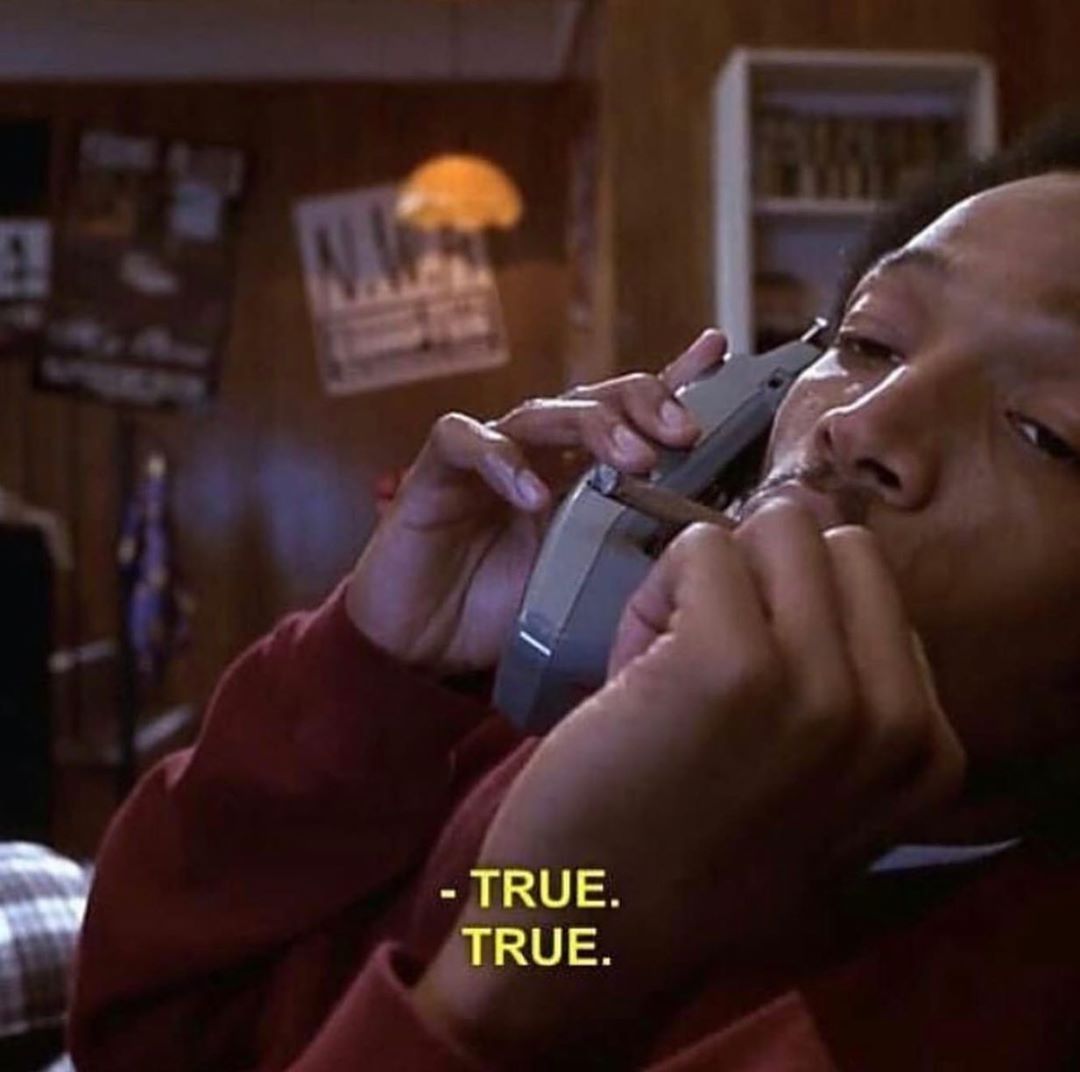
We need to make children later
That indeed seems to be the trend nowadays
The diet that we evolved to consume (fruits, lean meats and fibrous plants) was much less damaging to our teeth than the current high-sugar, high-fat, highly processed foods. And human lifespans was shorter, so less time for teeth to damage. So there wasn’t a strong evolutionary need to regenerate them (unlike an animal like sharks)
There are no stupid questions. But there are grammatically flawed questions.
I tried to rephrase his question in my head, and I ended up with “Why do not teeth degenerate.”
I need sleep.
English dos do be done daft. https://inv.us.projectsegfau.lt/watch?v=6lhxxiqqlQY&t=293
No selection pressure after the age at which our adult teeth fail
This concept can be scaled up to a lot of things, like why most of our systems break down. Nature only maintains what is needed to continue the species, everything that happens to you afterwards, with the exception of child-rearing, will be abandoned by nature unless someone gains some trait from living longer that helps the species propagate.
But nature is kind of silly, it doesn’t make “choices” so some of the adaptations can be weird. Like how our retina’s blood supply formed on the front of the retina so your brain has to always edit out your blood vessels from your vision and you can only see it using special tricks of light and then BAM all the spaghetti appears that’s been there all along.
Imagine what else our brain tells us and shows or doesn’t show us to make sense of what evolution has turned us into.
Do you have any resources for the eye spaghetti? That sounds cool
The idea is that if you can make your surroundings as dark as possible, then shine a very small point of light into your eye and wiggle it so there’s a shadow changing angles rapidly across your retina, this will make the blood vessels you can’t normally see shift slightly in your field of vision so your brain forgets how to edit them out and they pop into view.
This site gives instructions how to use black construction paper with a pinhole in a dark room, but I’ve learned how to do it with a nearly closed fist and any bright light source.
So its kinda like how your brain edits your nose out but if you close and open alternate eyes fast it has a hard time doing that?
Yep! Or even how you usually breath without thinking about it but can take over manual control. Your brain does a LOT of things with your senses all the time that you don’t notice, it has layers and layers of intelligence that makes decisions on what it will “report” upwards, so you depend on basically a vast system of managers or sub-officers that are conscious but have no language, to fully captain and control your meat-ship.
Meat ship is my new band name
X-Men 97 recently gave me “Inferior Freak Fluids” for a good band name. Maybe we can open for you, once I learn how to play.
Because when it comes to survival until procreation, you don’t need more than two sets.
Yeah, if evolution is so great, how come we can’t fly??
Philosophical take.
We can. We figured out how. Thousands of humans fly every day across the planet faster than any bird. We can also live in environments we were definitely not designed to whether it’s with clothing, fire, or advanced HVAC systems. And we’ve pushed that further with our own little atmospheres under the sea or in space.
Evolution didn’t stop with us. It is us. Evolution, in trying every possible permutation landed on an organism that adapts the world around it, rather than waiting generations to adapt to the world around it.
Now it’s a matter of if our social and societal evolution will see us succeed or end in failure. If we don’t solve the climate crises we created, if we end up murdering each other, if we get smacked by an unforeseen object from space, potentially built by even more advanced evolution, we lost, and evolution will continue. Evolution is us, but far too often we’re too blind to see that gift, and advance responsibly
And how come we need to sleep?
And eat food?
And why not have wheels for feet?
And what would a chair look like if our knees bent the other way?
I know the point of your answer was not to dwell on these things, but:
And what would a chair look like if our knees bent the other way?
Is actually very interesting, would’ve we designed it as a normal chair but we would rest our chests instead of backs? Or would they have a place to rest the legs instead of on the floor?
I like that question too. It’s originally from a stand up comedian named Gallagher.
How come my butt cheeks don’t go lblblblblblblblblblb when I go down a waterslide
We can. Its just considered exercise so we choose not to.
You should call customer service and complain
I’ve been on hold for decades.
Did you ask to speak to the manager? That usually works.
Will do sir, will do.
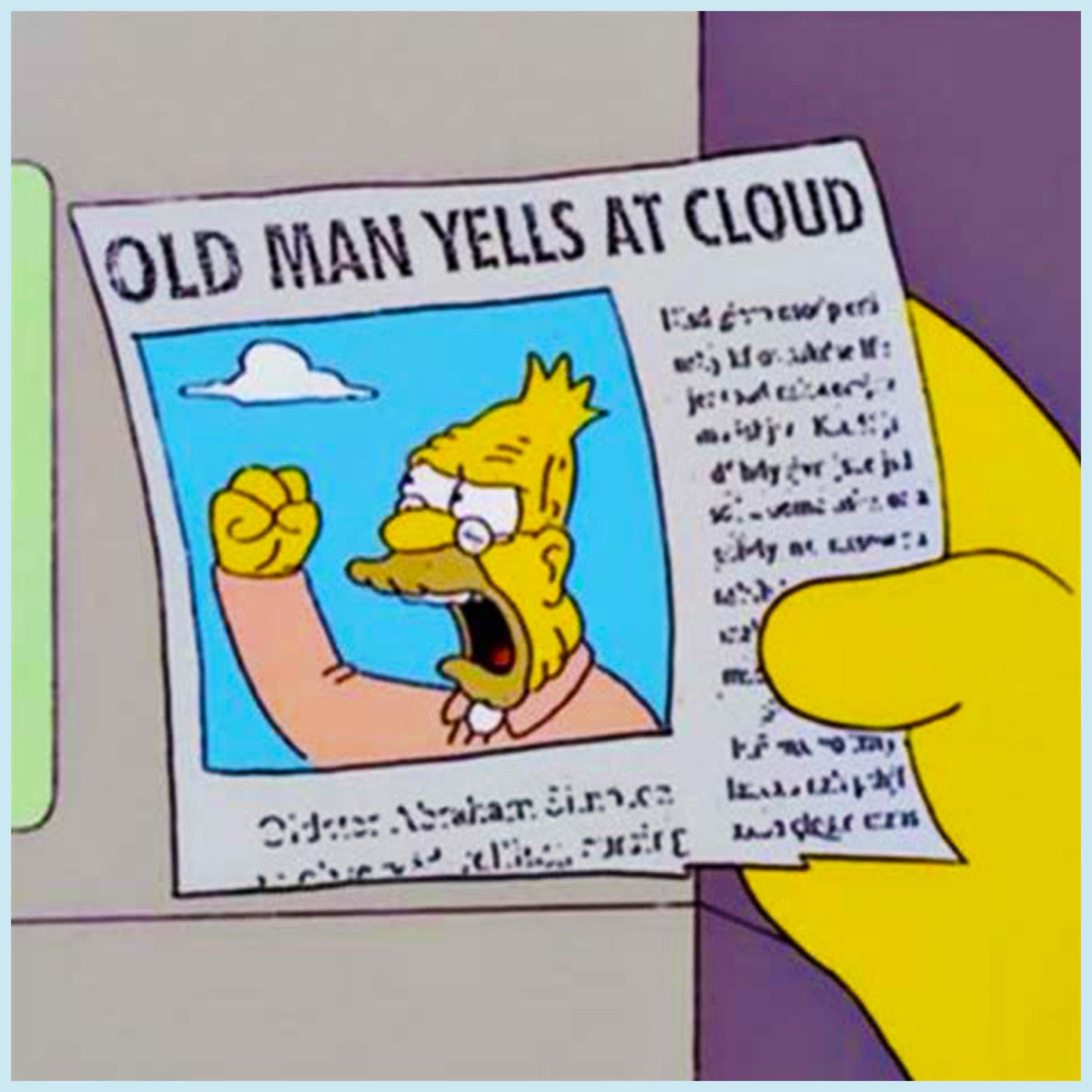
You’re right, this design isn’t intelligent at all!
Wait until y’all learn about the birth canal and our skulls that fold.
Because our design is not particularly intelligent …
Edit: Scientific proof of my thesis:
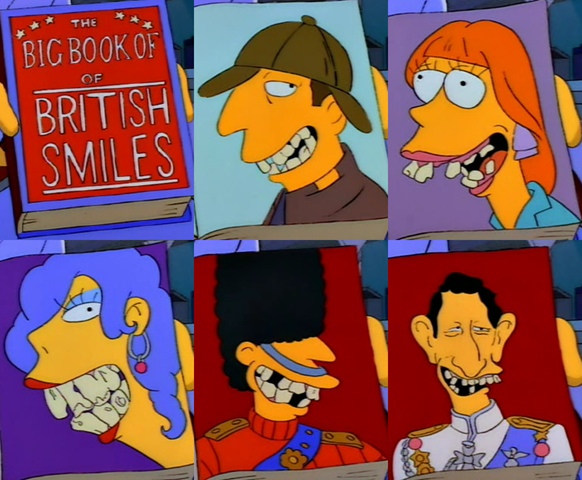
As compared to?
“Intelligent design” is the term Young-Earth Creationists use when they want to sound smart while questioning evolution as powered by natural selection.
Source: My childhood and teen years.
Almost like there isn’t a God and we weren’t designed hey?
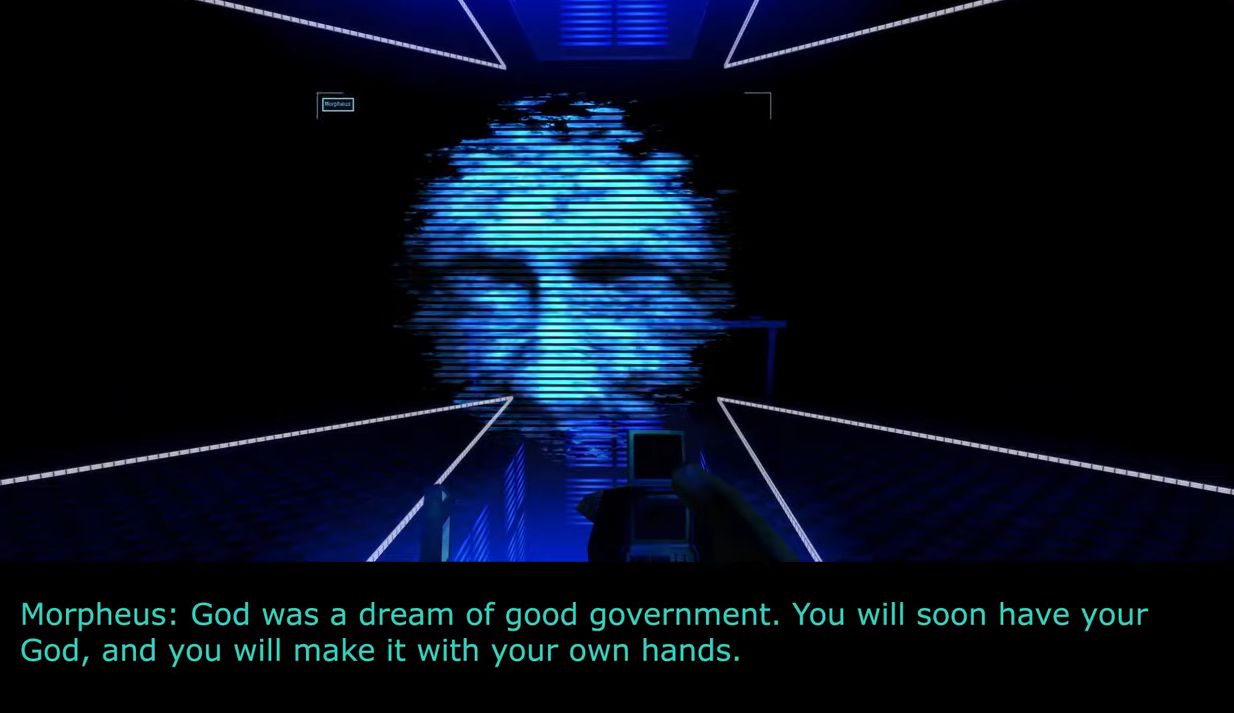
Uhh, ever heard of this natural selection thing?
we ended up not needing infinitely regrowable teeth
Sharks laughin’ at us talkin’ apes.















